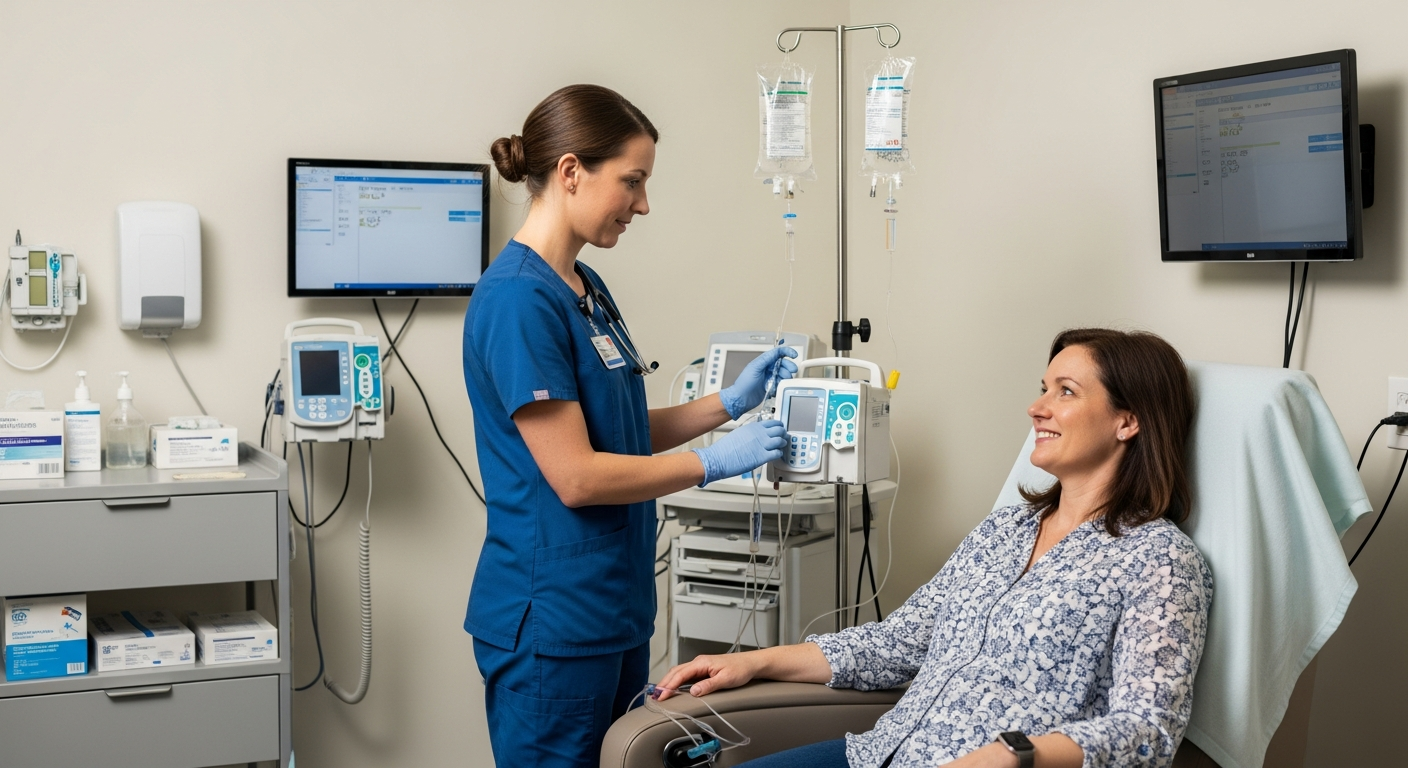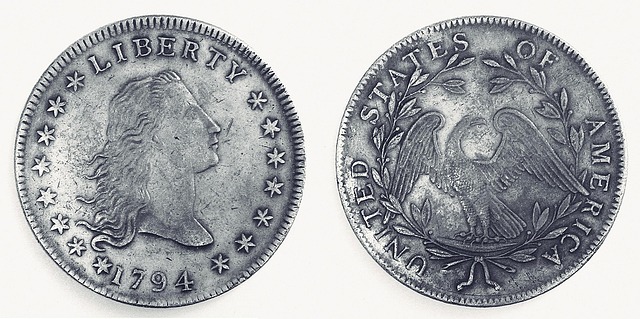Accelerated Nursing: Fast Track Your Path to a Rewarding Career in 2025!
The healthcare industry's growing demand for qualified nurses has led to the rise of accelerated nursing programs, offering an efficient path to entering this rewarding profession. These intensive programs enable career changers and motivated students to earn their nursing credentials in significantly less time than traditional routes while maintaining high educational standards and clinical preparation.

What Are Accelerated Nursing Programs?
Accelerated nursing programs are condensed educational pathways designed for students who already hold a bachelor’s degree in another field. These programs typically allow students to earn a Bachelor of Science in Nursing (BSN) in 11-18 months, compared to the traditional four-year route. The curriculum covers the same essential nursing knowledge and clinical skills but in an intensive, fast-paced format.
What Benefits Do Fast-Track Nursing Programs Offer?
The primary advantage of accelerated nursing programs is the significantly reduced time to enter the nursing profession. Students can save both time and money while quickly transitioning to a stable, in-demand career. These programs also offer year-round study options, immediate clinical exposure, and often strong job placement rates due to partnerships with healthcare facilities.
What Are the Admission Requirements and Challenges?
Admission to accelerated nursing programs typically requires:
-
A bachelor’s degree in any field with a minimum GPA (usually 3.0)
-
Completion of prerequisite courses in sciences
-
Letters of recommendation
-
Professional statement or essay
-
Healthcare experience (for some programs)
Common challenges include the intensive course load, limited work opportunities during the program, and the need for strong time management skills.
Which Career Paths Are Available After Graduation?
Graduates of accelerated nursing programs can pursue various career paths:
-
Hospital-based nursing in various departments
-
Primary care clinics
-
Specialty nursing units
-
Public health organizations
-
Healthcare administration
-
Travel nursing opportunities
-
Advanced practice roles (with additional education)
What Are the Costs and Program Comparisons?
| Program Type | Duration | Estimated Cost Range | Prerequisites Required |
|---|---|---|---|
| Traditional BSN | 4 years | $40,000-$100,000 | High school diploma |
| Accelerated BSN | 11-18 months | $40,000-$80,000 | Bachelor’s degree |
| Direct-Entry MSN | 2-3 years | $60,000-$120,000 | Bachelor’s degree |
Prices, rates, or cost estimates mentioned in this article are based on the latest available information but may change over time. Independent research is advised before making financial decisions.
Tips for Success in Accelerated Nursing Programs
Success in these intensive programs requires:
-
Strong organizational and study skills
-
Dedicated focus with minimal outside commitments
-
Formation of study groups and support networks
-
Utilization of faculty office hours and resources
-
Regular self-care and stress management
-
Effective time management strategies
-
Early preparation for clinical rotations
With proper preparation and commitment, accelerated nursing programs offer a viable pathway to a fulfilling nursing career. While the journey is demanding, the shortened timeframe and comprehensive preparation make it an attractive option for career changers and motivated individuals seeking to enter the nursing profession quickly.
This article is for informational purposes only and should not be considered medical advice. Please consult a qualified healthcare professional for personalized guidance and treatment.




